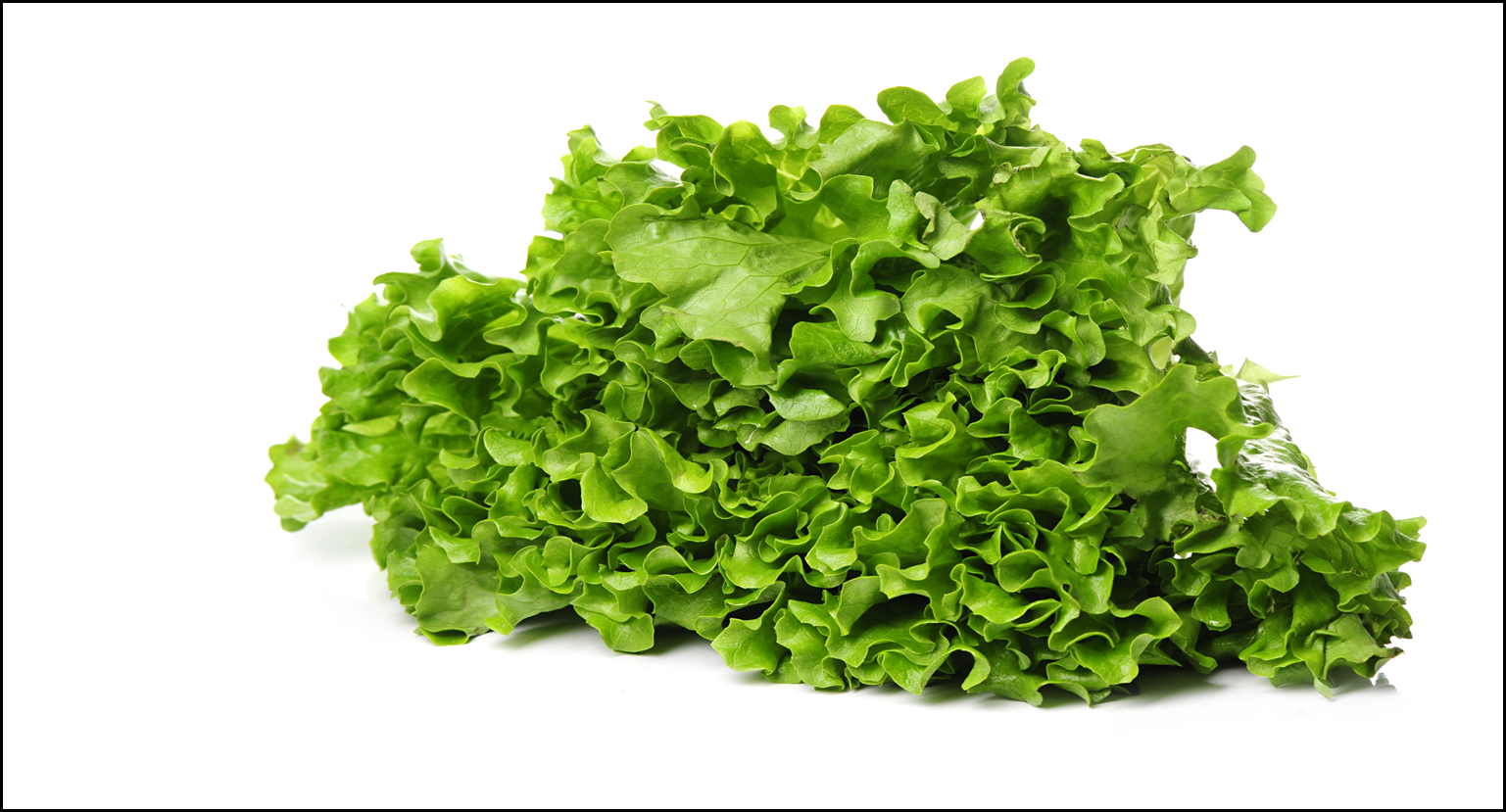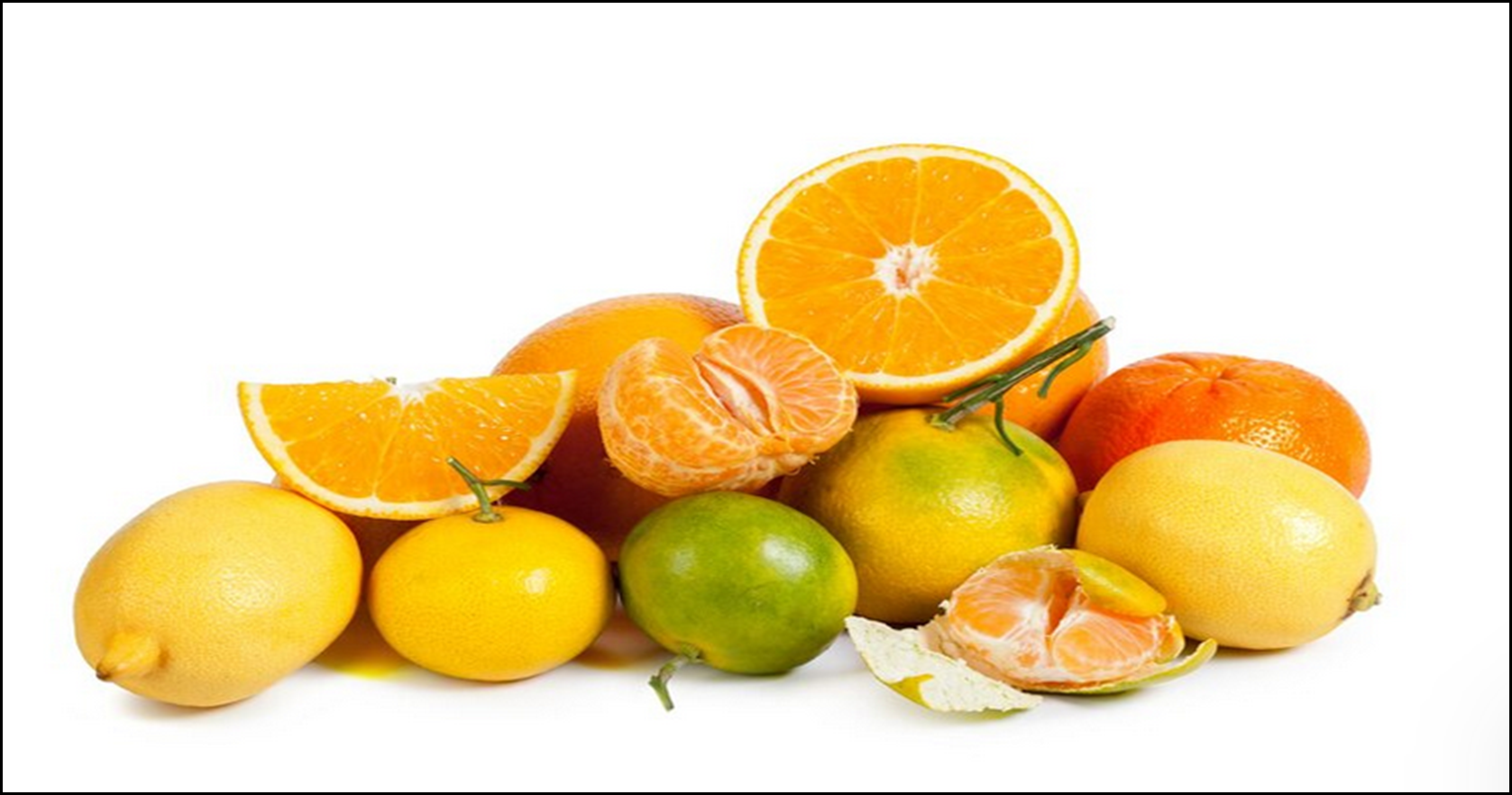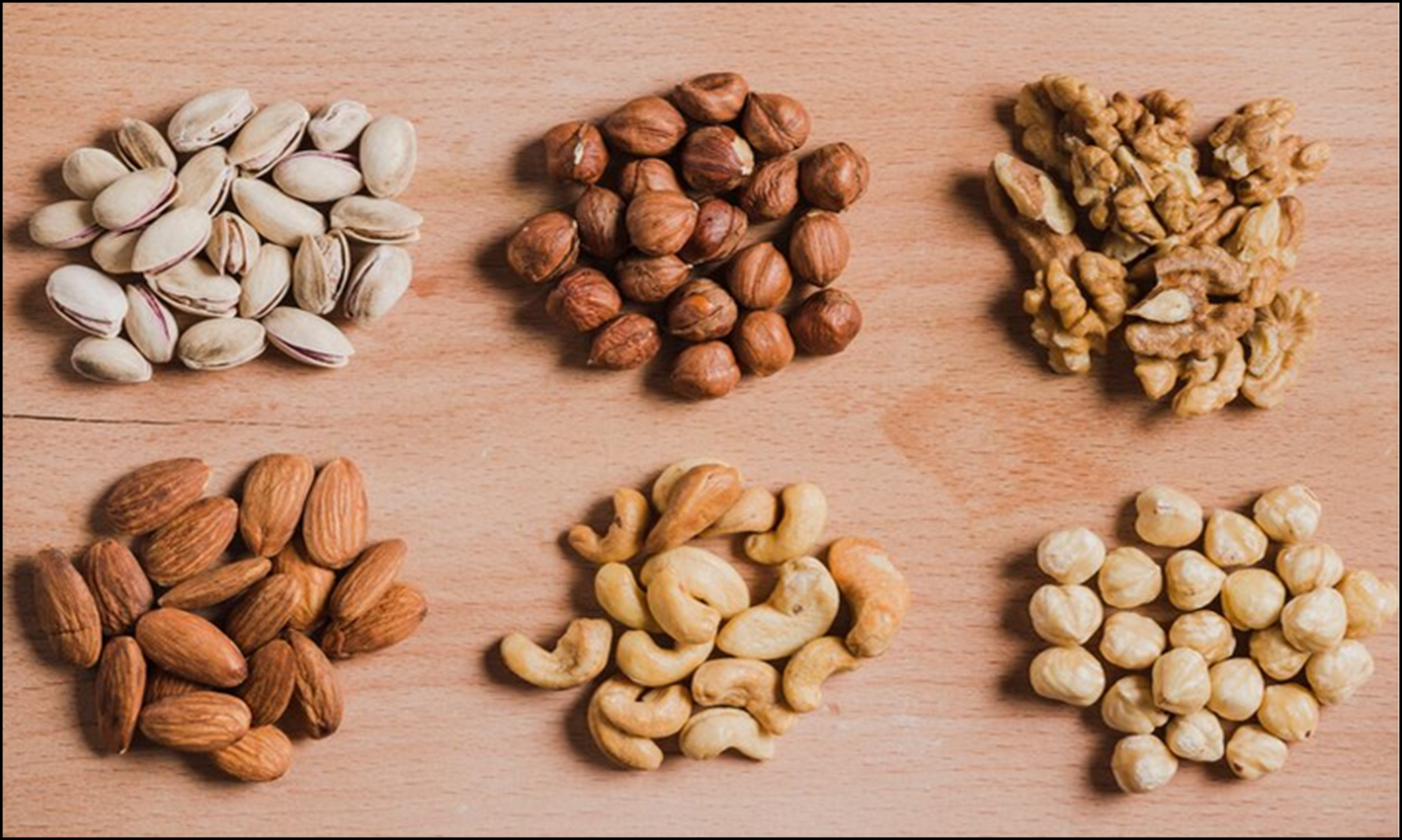Overview – The Role of Nutrition in OCD Management
OCD or obsessive compulsive disorder is a mental condition that causes unwanted and repetitive thoughts or obsessions. This anxiety is linked to the increasing feeling of fear due to which the victim does not understand whether what he is forced to do again and again is right or not.
In such a situation, OCD should not be taken lightly, rather it can be important to get proper treatment for the disorder, usually by taking expert advice on obsessive disorder therapy or choosing TMS Hospital for OCD in Mumbai. However, according to experts providing obsessive disorder therapy, the primary precautions for managing OCD include folate-rich foods and adequate sleep, which can help sufferers reduce their anxiety.
Nutrition plays a deep role in OCD management; it has a profound impact on mental health. Generally, due to heavy and fried food or diet, the mental and physical energy level of the victim falls. While folate-rich foods may be helpful in balancing mental health, a healthy diet strengthens neurotransmitter function, which is less likely to trigger distressing emotions. In this episode, you will get the insight of TMS treatment doctors for OCD in Mumbai about the top folate rich foods for OCD management who are always available to provide the best treatment and services to the OCD sufferer.
What is Folate?
Folate, a type of natural vitamin also known as vitamin B9, is a water-soluble B vitamin that is essential for various bodily functions. It plays an important role in biochemical processes including DNA synthesis, cell division, and the formation of red blood cells. The specific relationship between folate deficiency and OCD is complex, with low levels of folate being associated with symptoms of depression and cognitive impairment. However, according to our experts at non invasive therapies for OCD in Mumbai, folate is essential for overall mental health and brain function, especially during periods of rapid growth and development. This is why folate may play a role in mental health and mood regulation. As for folate sources, it is found naturally in a variety of foods, including leafy vegetables, legumes, citrus fruits, avocados, and some grains.
How Folate Influences Neurotransmitter Function
Neurotransmitter function is an important process that occurs in the human brain and nervous system, which involves the control of the secretion and release of chemical substances called neurotransmitters. The team of TMS treatment doctors for OCD in Mumbai at Jaslok Hospital who provide non invasive treatment for OCD take a detailed overview of folate neurotransmitter function, according to them folate affects neurotransmitter function, especially its involvement in the methylation pathway. It is instrumental in carrying out important biochemical processes that regulate various functions in the body, including the production and regulation of neurotransmitters. They regulate brain activity in a way in which neurotransmitters communicate between neurons to help stimulate and control various communication processes (thinking, cognition, emotions, and neural mechanisms). This is why during obsessive disorder therapy in Mumbai for OCD management with folate, neurologists often recommend including leafy greens for OCD or folate-rich foods in the diet of the OCD sufferer. Folate-rich foods compensate for folic acid deficiency in the body and strengthen neurotransmitter function, which can help regulate mood and emotions.
Top Folate-Rich Foods for OCD Management
As we discussed above, folate affects neurotransmitter function. Although our body requires many nutrients, one of them is the folate vitamin, which is essential for overall mental health and brain function. In such a situation, if we talk about OCD management with folate, then leafy vegetables for OCD are, in a way, nature’s folate powerhouse. Additionally, for folate deficiency and OCD symptoms, you may include citrus fruits as a tasty source of folate along with beans, lentils, avocado, nuts, and seeds. Ahead is a detailed overview of these top folate-rich foods and how to include them in your diet to manage OCD.
If you or someone you know is struggling with OCD, it may be important to consult with our TMS treatment doctors for OCD in Mumbai for a comprehensive evaluation and treatment plan. The team of experts at RNR Medicine ensures the safety and effectiveness of the use of folate supplements or other dietary interventions for OCD. We offer Effective treatments including state-of-the-art treatments such as obsessive disorder therapy and TMS for OCD, as well as tailored folate supplementation or dietary adjustments as part of your comprehensive treatment approach. However including a variety of folate-rich foods in your diet can help ensure you are getting enough folate, which may support overall mental health and potentially reduce some of the symptoms associated with OCD.
Leafy Greens: Nature’s Folate Powerhouses

Leafy greens are often referred to as “nature’s folate powerhouse” because they are among the most abundant and easily accessible dietary sources of folate (also known as vitamin B9). These include leafy greens like spinach, kale, Swiss chard, romaine lettuce, mustard greens, arugula, and turnip greens. These are the most folate-rich leafy vegetables and can be consumed in salads, smoothies, and cooked dishes as folate-rich recipes for OCD. You can include these green leafy vegetables in your diet which may help prevent folate deficiency and OCD symptoms.
Legumes and Pulses

Legumes and pulses are excellent dietary sources of folate, making them a valuable addition to a folate-rich diet. Foods like lentils, black beans, chickpeas, pinto beans, kidney beans, and split peas are not only high in folate but also provide essential nutrients like fiber, protein, and various vitamins and minerals. Including beans and pulses in your diet while OCD management with folate may help prevent folate deficiency and OCD symptoms. Pulses and Legumes for symptoms of OCD are not only nutritious but also a convenient and economical dietary option. These are a valuable source of Folate-rich recipes for OCD, which is important for overall health, including brain function and mood regulation.
Avocados

Avocado can be a valuable addition to the diet aimed at managing OCD (obsessive-compulsive disorder) due to its folate content. Since 100 grams of avocado is rich in healthy fats and a variety of nutrients including 81 micrograms of folate, it also contains a range of essential nutrients including vitamins, minerals, and dietary fiber. It can be used for OCD management with folate as an additional option for folate deficiency and OCD symptoms. It can be included with fruit salad in Folate-rich recipes for OCD.
Citrus Fruits: Zesty Sources of Folate

In addition to being rich in vitamin C and other essential nutrients, citrus fruits are a delicious source of folate. According to our experts, it could potentially play a role in supporting OCD (obsessive-compulsive disorder) management, as folate is essential for overall mental health and brain function. To incorporate citrus fruits into your diet for OCD management with folate, consider enjoying fresh citrus fruits as a snack, adding them to salads, or using their juice in various dishes and beverages. These can commonly include citrus fruits such as oranges, grapefruits, lemons, and tangerines. Their vitamin C content, along with moderate amounts of folate, can, in particular, support the immune system and overall well-being.
Nuts and Seeds

Increasing nut and seed intake in the diet aimed at managing OCD (obsessive-compulsive disorder) has many benefits. Apart from containing an adequate amount of protein, they also contain high fiber content and many essential vitamins and minerals. Folate is an important one, although the amount of folate in different types of nuts and seeds is not the same, increasing the intake of nuts and seeds can help in reducing your folate deficiency and OCD symptoms. Some of these nuts and seeds are good sources of folate. For example, almonds, peanuts, and sunflower seeds provide significant amounts of folate. To include nuts and seeds in your diet for OCD management with folate, you can eat a handful of almonds, peanuts, or sunflower seeds in your breakfast.
Recipes for an OCD-Friendly Diet
Folate-rich recipes for OCD can focus on overall mental health and wellness, including foods that can help support mood stability and cognitive function. However, according to our experts in non invasive therapies for OCD in Mumbai, OCD management with folate cannot cure OCD alone; it can only complement other treatment strategies. Like with Obsessive Disorder Therapy. Experts confirm that there is a link between folate deficiency and OCD symptoms. So when we eat less nutrient-dense foods, we are potentially at a higher risk of developing mental illness. While following folate-rich recipes for OCD, one may be able to defeat the mental illness. You can support your overall health and well-being by creating recipes for an OCD-friendly diet from leafy vegetables and other top folate-rich foods popularly known for OCD.
Breakfast Ideas: Folate-Boosted Starters
Starting your day with a folate-rich breakfast can be a great way to support your overall health and well-being. To make folate-rich recipes for OCD, take ingredients like folate-rich foods like leafy vegetables, avocados, and citrus fruits (grapes and oranges) and then prepare a delicious snack with them. For example, avocado toast, nut butter, and banana sandwiches. To make avocado toast, toast bread, spread mashed avocado, top with cherry tomatoes, red onions, and sesame seeds, and enjoy a folate-rich breakfast with orange juice.
Lunch and Dinner Recipes: Building Balanced Plates
To create a balanced plate with folate-rich ingredients for lunch and dinner, recipes can include folate-rich foods, such as lentils, spinach, sweet potatoes and avocado, into a balanced meal. A varied and balanced diet can support mental health and overall well-being in managing folate deficiency and OCD. You can try folate-rich recipes for OCD like Dal and Spinach Curry, Spinach and Feta Stuffed Chicken Breast for lunch and dinner as part of your OCD management plan. For example, to make lentil and spinach curry.
Ingredients:
-
- Red or green lentils (rich in folate)
- Spinach (foliate-rich greens)
- Tomato, Onion and Garlic
- coconut milk
- curry spice mix
Instruction:
In the first step Fry onion and garlic, then add lentils, tomatoes, and spices. And After that cook on low flame till the lentils are cooked, then add spinach and coconut milk. Serve with rice or whole grain bread.
Snacks and Side Dishes: Folate-Packed Bites
Adding folate-packed snacks and side dishes to your diet can be a delicious and convenient way to increase folate intake while managing OCD. These include snacks and side dishes to try like hummus and veggie platters, guacamole and whole grain crackers, folate-focused fruit salad or spinach and strawberry salad for folate deficiency and OCD management. For example, to make a folate-focused fruit salad.
Material:
-
- Cut up mangoes, papayas and citrus fruits (sources of folate)
- a drop of honey or lemon juice
Instruction:
Combine a variety of folate-rich fruits and drizzle with honey or lemon juice for added flavor.
Desserts with a Folate Twist
Everyone loves sweets, but providing a healthy twist on traditional sweets can be a fun way to increase folate intake. To enjoy desserts with a folate twist, try folate-rich recipes for OCD, like Berry and Spinach Smoothie Bowl, Avocado Chocolate Mousse, or Berry and Spinach Popsicles, for example, Avocado Chocolate To make the mousse.
Material:
- Ripe avocado (rich in folate)
- cocoa powder
- honey or natural sweetener
Instruction:
Mix avocado, cocoa powder and a sweetener of your choice to make a creamy and healthy chocolate mousse.
Discover foods that boost serotonin levels and alleviate depression in our comprehensive article: Foods to Boost Serotonin Levels and Alleviate Depression
Including folate-rich foods in the diet can be a valuable aspect of managing OCD (obsessive-compulsive disorder). Folate plays an important role in mental health, generally for these leafy greens for OCD, beans, avocados, citrus fruits, etc. can be helpful to balance and boost folate. Although OCD management with folate is not a standalone solution to OCD treatment, it can complement other treatments (such as obsessive disorder therapy, and TMS for OCD). But including folate-rich recipes for OCD and other nutrient-rich ingredients in an OCD-friendly diet can help overall mental health, may help prevent and limit folate deficiency and OCD symptoms, and potentially Reducing stress can help manage some of the emotional aspects of OCD. The insight of TMS treatment doctors for OCD in Mumbai is vital in providing a holistic approach to the management of this condition. TMS, combined with a folate-rich diet, highlights the importance of a comprehensive strategy that addresses both the physical and mental well-being of individuals dealing with OCD. Consultation with our TMS treatment doctors for OCD and his team of health experts at Jaslok Hospital can be important to tailor treatment plans to suit individual needs and ensure the most effective management of OCD.

